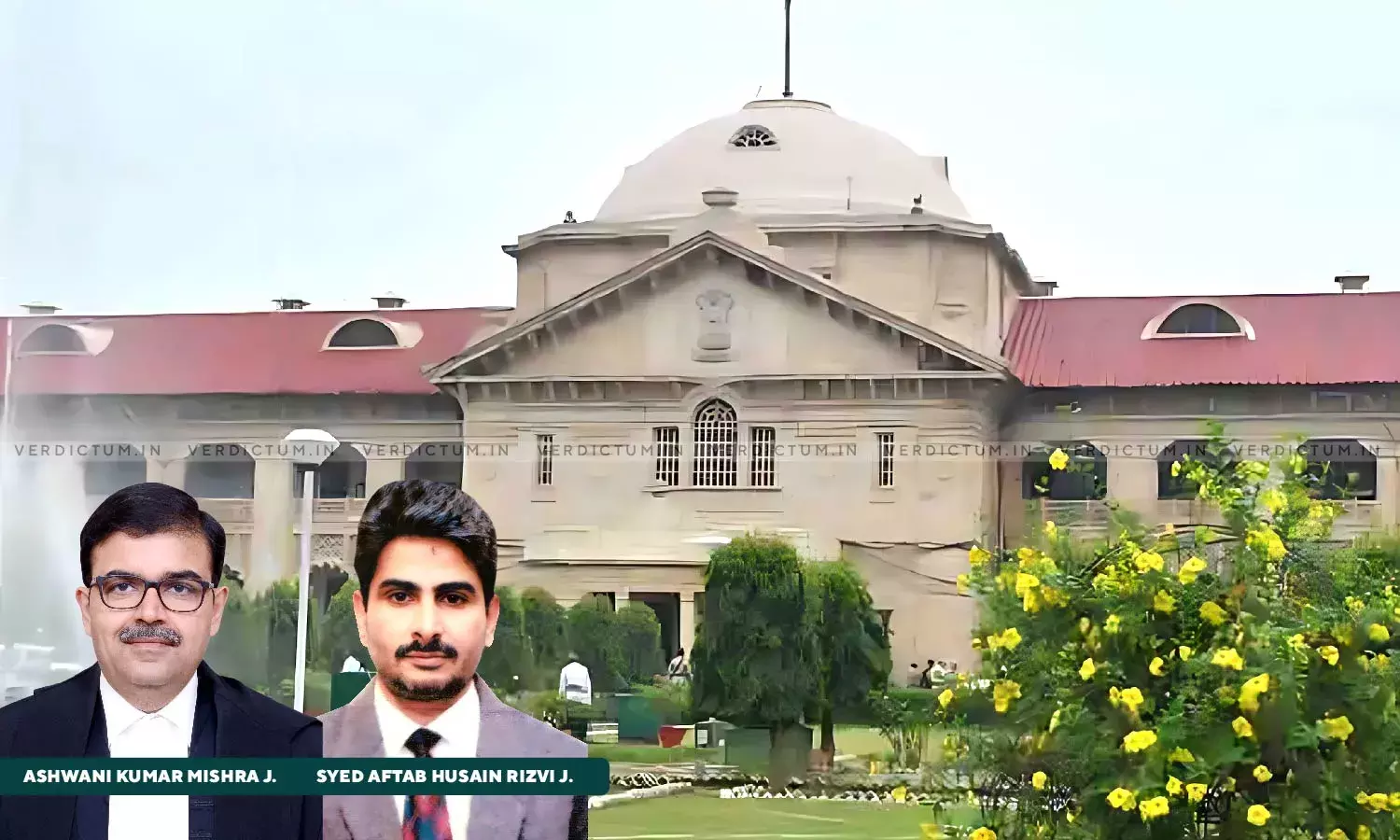Poor Servant Demonized; CBI Overlooked Possibility Of Organized Organ Trading- Allahabad HC While Acquitting Prime Accused In Nithari Killings

An Allahabad High Court Bench of Justice Ashwani Kumar Mishra and Justice Syed Aftab Husain Rizvi has set aside the conviction and death sentence of Moninder Singh Pandher and his domestic help Surendra Koli in the Nithari killings.
The Court weighed down heavily on the CBI and observed that by focusing on domestic servant Surendra Koli as the sole perpetrator, the investigating officials overshadowed the significant likelihood of organ trade being the true motive behind the crimes.
In that context, it was said that, "It appears to us that the investigation opted for the easy course of implicating a poor servant of the house by demonizing him, without taking due care of probing more serious aspects of possible involvement of organized activity of organ trading".
Counsel Yug Mohit and Counsel Manisha Bhandari, among others, appeared for the appellants, while AGA Amit Mishra, among others, appeared for the respondent.
In this case, the murders occurred roughly during the period spanning from 2005 to 2006. The case came to public attention in December 2006 when human remains, including skeletons, were discovered in a drainage area near a residence in Nithari, Noida.
Subsequent investigations revealed that Moninder Singh Pandher was the owner of the house, and Surinder Koli worked as his domestic help. Consequently, both individuals were named as accused in the First Information Reports (FIRs) related to these crimes.
The Central Bureau of Investigation (CBI) took charge of the case and filed a total of 16 cases against Koli, charging him with offenses such as murder, abduction, rape, and tampering with evidence. Additionally, Pandher was charged in one of these cases for involvement in immoral trafficking. However, due to the appeals made by families of several victims, the Ghaziabad court summoned Pandher to appear in five additional cases.
According to the CBI's findings, Koli was responsible for brutally murdering multiple young girls, dismembering their bodies, and disposing of the remains in the backyard of Pandher's residence. The prosecution's case asserted that a total of 19 victims' bodies were discovered in the backyard of Pandher's house.
The High Court expressed its disappointment at the manner in which the killings were investigated. In that context, the Court said that, "Procedure required to be followed for recording the accused’s disclosure leading to recovery of biological remains i.e. skulls, bones and skeleton etc. has been given a complete go by. The casual and perfunctory manner in which important aspects of arrest, recovery and confession have been dealt with are most disheartening, to say the least."
The Court also expressed its shock over the manner in which confession was recorded after 60 days of police remand without any medical examination of accused; providing of legal aid, the overlooking specific allegation of torture in the confession itself, and the failure to comply with the requirement of Section 164 Cr.P.C.
The failure of investigation to problem into the possible involvement of organ trade was deemed to be a betrayal of public trust, and in that vein, the Court said that, "Loss of life of young children and ladies is a matter of serious concern particularly when their lives were brought to an end in a most inhuman manner but that, in itself, would not justify denial of fair trial to the accused nor would it justify their punishment even in the absence of evidence to implicate them."
The Court further noted that the investigation was botched up and the basic norms of collection evidence were brazenly violated.
Finally, the Court held that a fair trial had clearly eluded the accused in the case, and observed that, "Upon evaluation of the evidence led in this case, on the touchstone of fair trial guaranteed to an accused under Article 21 of the Constitution of India, we hold that prosecution has failed to prove the guilt of accused SK and Pandher beyond reasonable doubt, on the settled parameters of a case based on circumstantial evidence."
Cause Title: Surendra Koli vs State Through Central Bureau of Investigation
Click here to read/download the Judgment

